
向日葵的爱https://tieba.baidu.com/home/main?un=%E5%90%91%E6%97%A5%E8%91%B5%E7%9A%84%E7%88%B1&fr=pb&ie=utf-8&id=tb.1.1cd9ae0f.nzrRWDC8MqXgN29zPMwuCA
Behind the gas explosion accident in Tianjin community: the neglected fatal hidden danger in the kitchen
Reporter | Yin Baitong
Editor | Yang Hai
deflagration
On the third day after the deflagration accident, the lives of residents of Huanyanli Community, Beichen District, Tianjin gradually returned to normal. However, the scaffolding and green dustproof grid erected on the south side of Building 3 are eye-catching, reminding passers-by of the terrible moment that happened here not long ago - at around 7:20 a.m. on July 19, Building 3 in Huanyanli A gas explosion occurred in a resident of Unit 6, causing the exterior wall of the south side of the 4th to 6th floors to completely collapse, exposing gray concrete and white interior walls. The surrounding residents were also damaged to varying degrees, with fallen lime, broken glass and deformed security windows piled up into hills. According to a CCTV News report on July 20, the accident ultimately resulted in 4 deaths and 13 injuries.
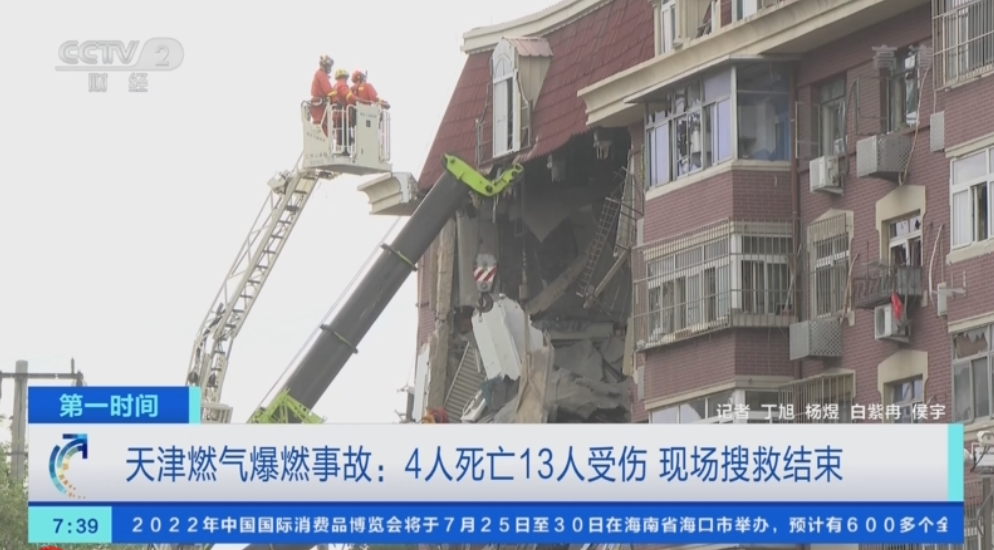
Figure | CCTV
Xiaomei (pseudonym) is a resident of Building No. 1 in Huanyanli, about 100 meters away from Building No. 3 where the incident occurred. In order to make it easier for her high school children to go to school, she and her husband moved here two years ago and rented a house of about 50 square meters. Xiaomei is in the tailoring business, and the shop is located at the bottom of Building No. 1 in Huanyanli. On July 19th, around 7 am, she got up as usual, tidy up the house, and prepared to send her children to school.
Suddenly, there was a loud "bang" outside the house, and the windows shook. Xiaomei's right ear was deaf a few years ago due to her injury, but she was still stunned by the loud sound. At first, Xiaomei thought it was a traffic accident, but there was nothing unusual on the road outside the window. Later, the neighbor of the morning exercise told her that there was an explosion in Building 3. Xiaomei looked at the accident scene and saw a lot of police and firefighters around. Immediately afterwards, Xiaomei received various notices from the neighborhood committee in the community group: If the glass is broken, please report it in time; each household must leave one person at home that day, and the gas company will check the gas of each household. equipment; at the same time, Xiaomei was told that the entire community began to lose power and gas for a day.
On the morning of the incident, four members of the gas company in blue uniforms knocked on Xiaomei's door. She recalled to this magazine that because her kitchen was relatively small, she did not go forward to look at the specific situation. She remembered that the people from the gas company checked the kitchen for a long time, about half an hour. Take over, do a thorough inspection inside and out.
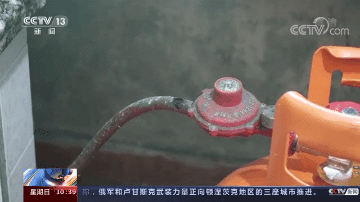
Xiaomei heard that the residents of Building 3 were collectively transferred by the government to a nearby hotel that day. In the evening, building 3 was surrounded by blue iron sheets, but the rescue work inside has not stopped. Xiaomei remembered that the Beijing-Tianjin Road at the gate of the community was full of cranes and ambulances, and the rescue went on for a day and a night until the next morning.
old neighborhood
On the day of the incident, Chen Li (pseudonym), who lives in Hebei District, Tianjin, received a call from a friend early in the morning, and she learned that Huanyanli had exploded. Chen Li moved out of Huanyanli in 2011, leaving behind a house that has been rented out to others. She was the earliest resident of Huanyanli. She moved in with her family when the house was just built in 1995. Chen Li's house is just opposite to the deflagration house, it is the same type. She told this magazine, "(The unit where the accident occurred) has a total of 3 households. The actual usable area of (the house where the accident occurred) is about 60 square meters. There are two bedrooms and one living room. The kitchen is facing the entrance, and it also has a balcony. One room and one hall, in fact, this 'hall' is more like an aisle, and the usable area is not large, Tianjin people used to call this 'small partial single'."
In Chen Li's impression, Huanyanli was originally the house of the employees of the Tianjin Public Transport Company and belonged to the public housing. After 2000, residents could buy private real estate, and many residents bought better commercial houses outside and left here. Therefore, many of the residents who still live in Huanyanli are the elderly at that time, and they are precisely the group who are prone to neglect gas safety.
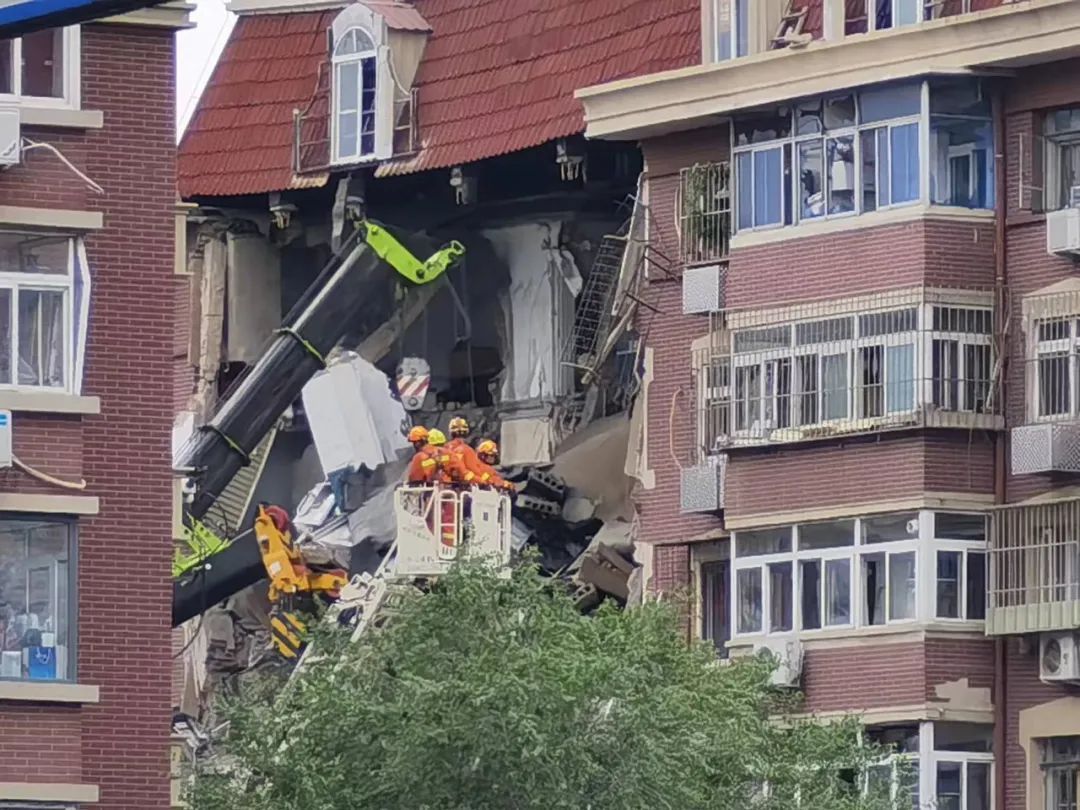
On July 19, 2022, in Building 3, Huanyanli, Tianmu Town, Beichen District, Tianjin, a gas explosion occurred in a resident's home, causing damage to the building. (Picture | People's Vision)
In fact, the house that Chen Li originally got was not in Huanyanli, but later she used her place to exchange it here. One of the important reasons for doing this is that at that time, the gas facilities in Huanyanli were more "convenient". Chen Li remembers that when it was built in 1995, all the houses in Huanyanli had their own pipes for gas supply, and at that time, the houses in more remote areas were still using gas tanks. Later, Huanyanli Community experienced an overall "ventilation", which was a collective upgrade of the whole Tianjin under the national "West-East Gas Pipeline" project. natural gas.
Recalling when she lived in Huanyanli before, Chen Li admitted that she was not a person who paid extra attention to gas safety. At that time, people from the gas company would come to the house to inspect the gas equipment once a year, and sometimes the inspectors would ask her to change the gas hose, but Chen Li did not do it every time. As a person responsible for daily housework, she pays more attention to whether things are clean. Chen Licai replaced the tenant with a new hose two years ago, just because the previous tenant used the hose too dirty.
Difficult to prevent gas explosion
Gas accidents occur frequently, and among them, indoor explosion accidents have always accounted for the majority, far higher than outdoor explosion accidents. According to statistics from China Gas Network, there were 539 gas safety accidents in 2020, and 336 gas accidents occurred in residents' residences, accounting for about 63% of the total number of accidents in the year. In 2021, there will be 401 news about gas accidents and 205 news about indoor gas accidents, accounting for about 51% of the total number of accidents in the whole year.
According to the "2021 National Gas Accident Analysis Report" (hereinafter referred to as "2021 National Gas Report") released by the China City Gas Association, among the 61 natural gas user accident cause analysis samples that have verified the cause of the accident, the problem of connecting hoses ( Including aging, damage, falling off, and animal bites, accounting for the highest proportion, reaching 21%; followed by accidents caused by users' unauthorized access to gas pipelines, accounting for 19.7%; external factors (including illegal operations, outdoor gas leakage into the room) ) accounted for 14.8% of gas leakage accidents. In the analysis samples of liquefied petroleum gas (commonly known as "gas") user accidents, similar conclusions have been drawn. The proportion of hose problems is still the highest, followed by the proportion of accidents caused by liquefied petroleum gas regulators.
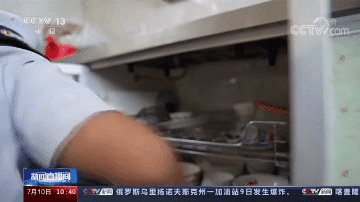
Liu Xiaodong, a safety expert from the Safety Committee of the China City Gas Association, told this magazine that the hose itself has a certain concealment in the kitchen. The hose is usually connected under the cooker, and is usually hidden inside the cabinet. If it is damaged or falls off, it may not be easy to detect in time, resulting in Gas leak. Gas that has leaked for a long time is filled into a closed space, and once it encounters an open flame, it is very easy to cause deflagration.
In addition to the hose, Chen Xiaodong described that just like the human body's life, old age, sickness and death, the aging of the gas pipeline is also an irresistible natural law. This is also an important reason for the frequent occurrence of gas explosions in old residential areas-because of the age, the pipelines are more prone to corrosion and aging, resulting in gas leakage. According to the statistics of the "2021 National Gas Report", nearly 100,000 kilometers of pipelines in the country have been aging to varying degrees, and this number is still increasing.
In May of this year, the State Council issued the "Implementation Plan for Aging, Renovation and Renovation of Urban Gas Pipelines (2022-2025)", which focuses on the inspection of pipeline standards, which is to see whether the pipeline age reaches 20 years. Liu Xiaodong told this magazine that my country began to build large-scale natural gas pipeline facilities around 2000, and these pipelines have a history of more than 20 years. In addition, the service life of pipelines in different regions more than 20 years ago, the material standards are different, and the service life of some pipelines does not reach 20 years at all, and problems will be exposed early.
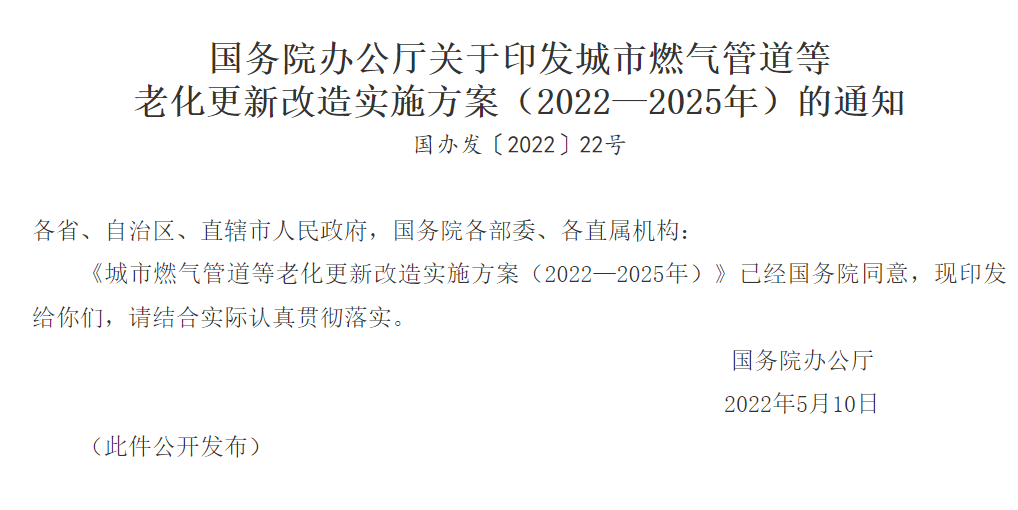
Figure | China Government Network
In addition, Liu Xiaodong found in the survey that many residents will switch to gas pipelines at home without permission. Many people think that changing the gas pipeline is as easy and casual as changing the faucet, but this is not the case. In fact, gas-related equipment is a professional and serious matter. Article 28 of the "Urban Gas Management Regulations" stipulates that individuals are not allowed to install and remove gas facilities and gas metering devices in their houses without authorization. Under normal circumstances, the gas company will send someone to the scene to judge whether it can be changed. After the change, an experiment will be done to check the airtightness problem, and then the household will be officially ventilated.

Figure | China Government Network
Another important hidden danger of gas safety is the aging of the stove. Liu Xiaodong said that when he went to a street restaurant to check, many of the restaurant's back kitchen stoves were rusted, and there was no flameout protection device. At a glance, you can tell that it is a second-hand stove, or a long-term use left by the former boss. The old stove itself is easy to cause accidents. If there is no flameout protection, once the soup overflowing in the pot is put out, the gas will easily leak through the stove, causing an accident.
In recent years, the "Gas Management Regulations" in various places have also increased safety requirements for new buildings, such as self-closing valves, alarms, etc. must be installed. Even if gas leakage occurs, the safety of residents can be guaranteed to the greatest extent. However, for old communities, there are no relevant regulations requiring them to install gas safety devices, which involves relatively complicated economic and social costs.
In fact, for ordinary residents, the cost of replacing a hose is not high, and it can solve the biggest safety hazard in this gas accident, but few people still do it. Liu Xiaodong believes that this is related to the lack of Chinese people's awareness of gas safety.
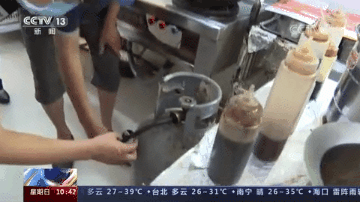
On the other hand, as gas is a public service, the government and gas companies also have a lot of room for action. In May of this year, Qingdao's government invested about 186 million yuan to replace the rubber hoses with stainless steel corrugated pipes for free for the city's 2.66 million pipeline natural gas residents. In an article, Liu Xiaodong once pointed out that there is a problem of unclear rights and responsibilities among the government, gas companies and users in the management of gas safety in my country. He believes that only by clarifying the relationship between rights and responsibilities and finding a basic consensus on "safety and service", To gradually solve the problem of gas safety management.
After the accident, Chen Li said she raised her awareness of the safety of gas use. In the past, she did not have the habit of regularly replacing the gas connection pipes. Now she not only replaced the connection hoses in Huanyanli Community, but also planned to buy metal connection pipes with a longer life in the house where she lives. Chen Li told this magazine, "Actually, I used to feel that I had a strong sense of safety. For example, when we were away from home, we usually turned off the water and electricity valves. But this accident made me know that I still have a lot to do. We used to have a gas alarm in the kitchen of our new house, and we removed it when we thought it was useless, and now we have decided to install it back.”
Like my work?
Don't forget to support or like, so I know you are with me..
Comment…